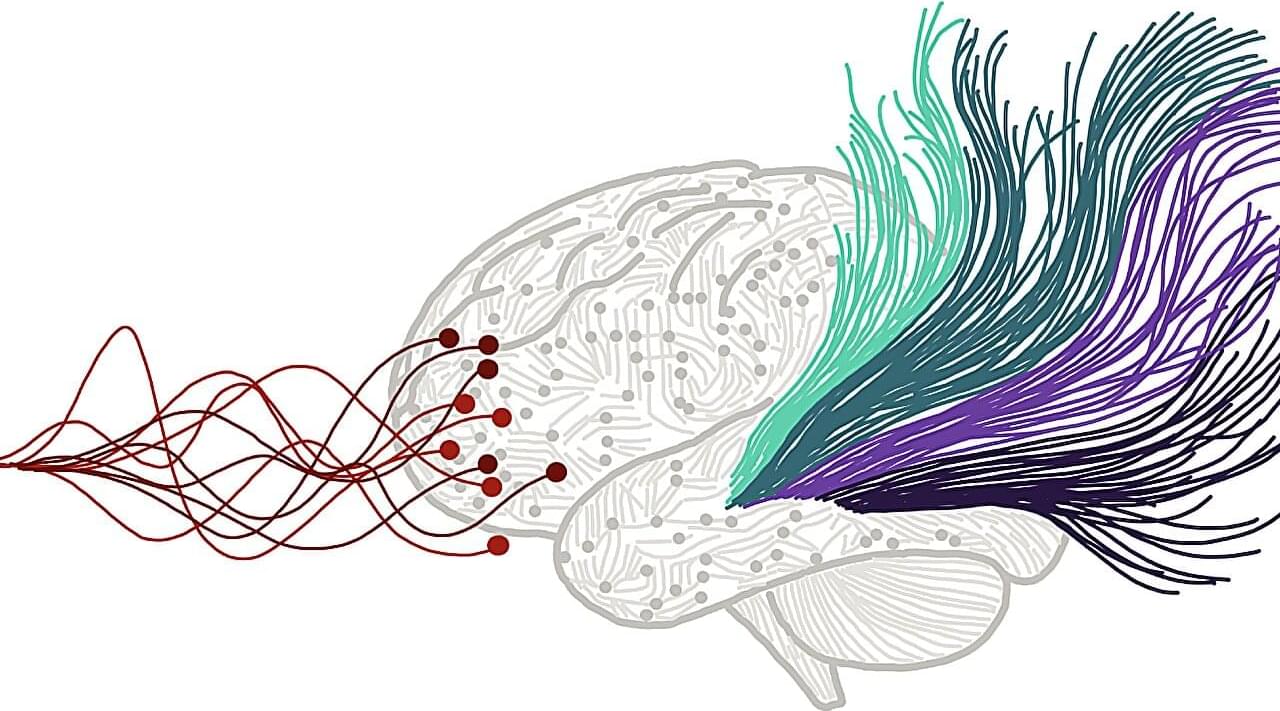Random noise, such as background hubbub on a phone call, is usually thought of as unwanted interference. Now researchers at Columbia Engineering find the brain may harness unavoidable random fluctuations of its activity to perform useful computations, particularly in tasks relying on memory.
These findings not only deepen our understanding of how the brain works, but also may provide a blueprint for building smarter, more resilient technologies, the research team says.
They detailed their findings Jan. 16 in the Proceedings of the National Academy of Sciences.
